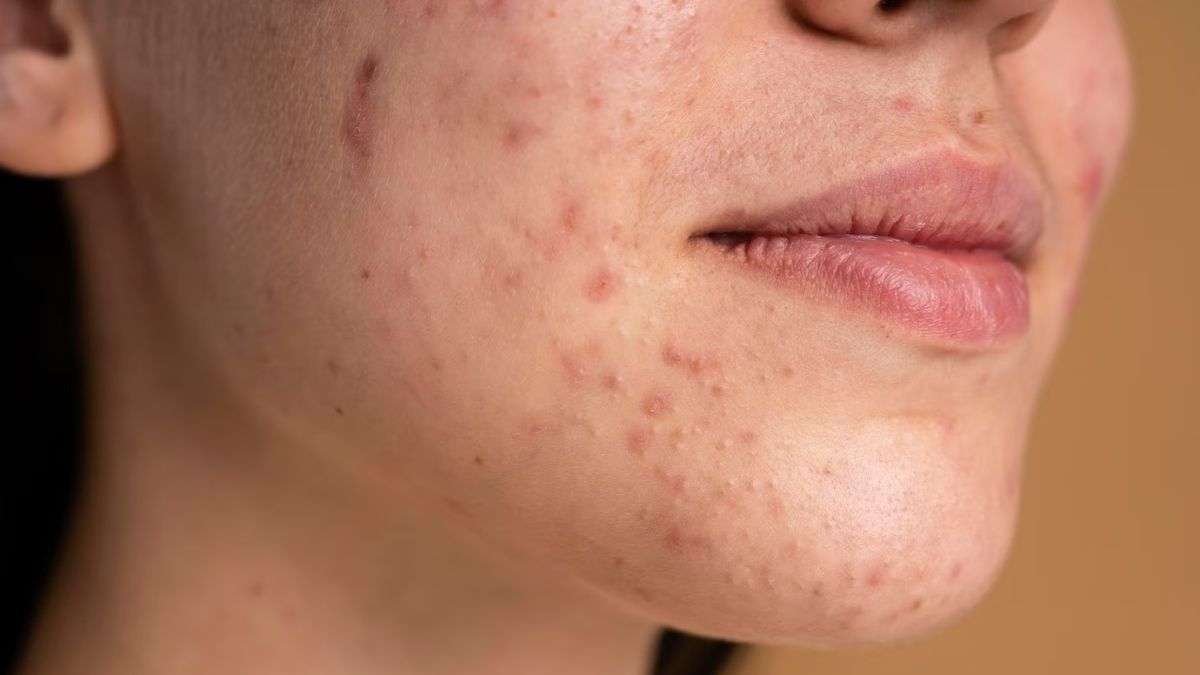Dubai, with its vibrant lifestyle and diverse cultural landscape, is an incredible city to live in. However, like any other place, Dubai residents, especially women, often face the challenge of hormonal changes impacting their skin health. Hormonal fluctuations can lead to various skin problems, from acne breakouts to dryness and sensitivity. In this guide, we'll delve into Skin problems in Dubai understanding hormonal changes and how to manage associated skin issues effectively while living in Dubai.
Understanding Hormonal Changes
Hormonal changes are a natural part of life for both men and women. However, women experience more pronounced fluctuations due to menstruation, pregnancy, menopause, and other factors. These fluctuations can disrupt the delicate balance of hormones in the body, leading to various effects, including changes in skin health.
The Role of Hormones in Skin Health
Hormones play a crucial role in regulating various functions within the body, including skin health. Estrogen, progesterone, testosterone, and cortisol are some of the key hormones that influence the skin's condition. Fluctuations in these hormones can trigger a range of skin issues, including:
- Acne: Increased androgen levels during puberty or hormonal imbalances can stimulate the sebaceous glands, leading to excess oil production and acne breakouts.
- Dryness and Sensitivity: Decreased estrogen levels, common during menopause, can result in reduced oil production and hydration, leading to dry, sensitive skin.
- Hyperpigmentation: Hormonal fluctuations, particularly during pregnancy (melasma), can cause dark patches to develop on the skin.
- Premature Aging: Imbalances in hormones like cortisol due to stress can accelerate the aging process, leading to wrinkles, fine lines, and sagging skin.
Understanding how hormones influence skin health is crucial for effectively managing and treating related concerns.
Common Skin Problems in Dubai
Dubai's unique climate and environmental factors can exacerbate hormonal skin issues, making it essential to adapt skincare routines accordingly.
Impact of Climate on Skin
Dubai's hot and humid climate, coupled with air conditioning indoors, can strip the skin of moisture, leading to dehydration and exacerbating dryness and sensitivity issues. Additionally, exposure to harsh sunlight can worsen hyperpigmentation and accelerate skin aging.
Pollution and Lifestyle Factors
Dubai's rapid urbanization has led to increased pollution levels, which can clog pores and contribute to acne breakouts and dull skin. Moreover, hectic lifestyles and high-stress levels can disrupt hormone balance, further aggravating skin problems.
Cultural Influences on Skincare Practices
Cultural practices in Dubai often involve heavy makeup use and traditional skincare remedies, which may not always be suitable for hormonal skin types. It's essential to strike a balance between cultural beauty practices and scientifically-backed skincare routines to maintain skin health.
Managing Hormonal Changes and Skin Problems
Navigating hormonal changes and associated skin problems in Dubai requires a holistic approach that addresses internal and external factors impacting skin health.
Balanced Diet and Hydration
Consuming a balanced diet rich in antioxidants, vitamins, and essential fatty acids can support hormonal balance and promote healthy skin. Adequate hydration is also crucial for maintaining skin moisture levels, especially in Dubai's arid climate.
Skincare Routine Tailored to Hormonal Skin
Developing a skincare routine tailored to hormonal skin needs is essential. This may include gentle cleansers, hydrating serums, and non-comedogenic moisturizers to address specific concerns without exacerbating them.
Sun Protection
Given Dubai's intense sunlight, wearing sunscreen daily is non-negotiable. Opt for broad-spectrum SPF protection to shield the skin from harmful UV rays and prevent further damage and hyperpigmentation.
Stress Management
Practicing stress-reduction techniques such as meditation, yoga, or deep breathing can help regulate cortisol levels and minimize the impact of stress on hormonal balance and skin health.
Professional Guidance
Consulting a dermatologist or skincare specialist can provide personalized advice and treatment options tailored to individual skin concerns and hormonal imbalances.
Conclusion
Navigating hormonal changes and associated skin problems in Dubai requires a multifaceted approach that considers both internal and external factors. By understanding the role of hormones in skin health, adapting skincare routines to suit Dubai's climate and lifestyle, and seeking professional guidance when needed, individuals can effectively manage hormonal skin issues and maintain a healthy, radiant complexion despite the challenges posed by hormonal fluctuations in this dynamic city.





Comments